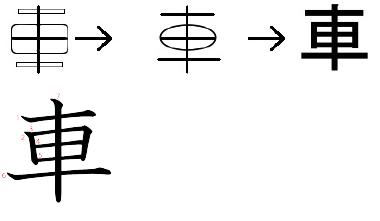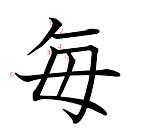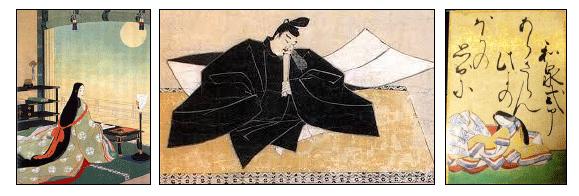Transportations, and coming and going
Contents: Transportations, and coming and going.
Aim: How did I come here and how to I get there?
New Vocabulary:
Japanese | Romaji | English |
ひこうき | Hiko-ki | airplane |
くるま/車 (Review of Lesson 6) | kuruma | car |
ひこうじょう | Hiko-jo | Airport |
ふね | fune | ship |
じてんしゃ(じてん車) | jitensha | jitensha |
タクシー | Takushi- | Taxi |
しごと | shigoto | work |
まいにち(毎日) | mainichi | everyday |
うち/いえ | Uchi/ie | Home/house |
Lesson Point:
“で- de” means “by” and placed right after the means of transportation.
Sample Sentences:
わたしはじてん車でがっこうにいきます。(I go to school by bicycle.)
Watashi wa jitensha de gakko ni iki masu.
かれは車でフランスにいきました。(He went to France by car)
Kare wa kuruma de Furansu ni iki mashita.
かのじょはひこうきでアメリカにいきました。(She went to America by airplane.)
Kanojo wa hikooki de America ni iki mashita.
わたしのおじいさんはふねでアメリカにいきました。(My grandpa went to America by ship.)
Watashi no ojiisan wa fune de America ni iki mashita.
わたしたちはバスでひこうじょうにいきます。(We go to the airport by bus.)
Watashi tachi wa basu de hikoojoo ni iki masu.
おかあさんはタクシーでわたしのいえにきます。(My mother comes to my house by taxi.)
Okaasan wa takushii de watashi no ie ni kimasu.
かれはきのう車でわたしのいえにきました。(He came to my house by car yesterday.)
Kare wa kinoo kuruma de watshi no ie ni ki mashita.
しろいねこはまいにちわたしのうちにきます。(A white cat comes to my house every day.)
Shiroi neko wa mainichi watashi no uchi ni ki masu.
かれは車でしごとにかえりました。(He returned to work by car.)
Kare wa kuruma de shigoto ni kaeri mashita.
おじいさんはバスでいえにかえります。(Grandpa goes back home by bus.)
Ojiisan wa basu de ie ni kaeri masu.
こどもはじてん車でいえにかえりました。(Children went home by bicycle.)
Kodomo wa jitensha de ie ni kaeri mashita.
| S-28-1 |
Mini-quiz:
Say the below sentences in Japanese
My aunt goes shopping by car.
I go to school by train.
My father goes to work by bus everyday.
(Answers: わたしのおばさんは車でかいものにいきます。/わたしはでんしゃでがっこうにいきます。/わたしのおとうさんはまいにちバスでしごとにいきます。)
Writing Practice – Kanji:
車 is pronounced as “kuruma” or “sha”, and the kanji derives from 2 wheels to role an object.

毎日-Mainichi (everyday) is “Mai - every” and “niche – day” which we have already covered. If you say 毎月(まいつき),that is every month, and 毎あさ(まいあさ)means every morning.

